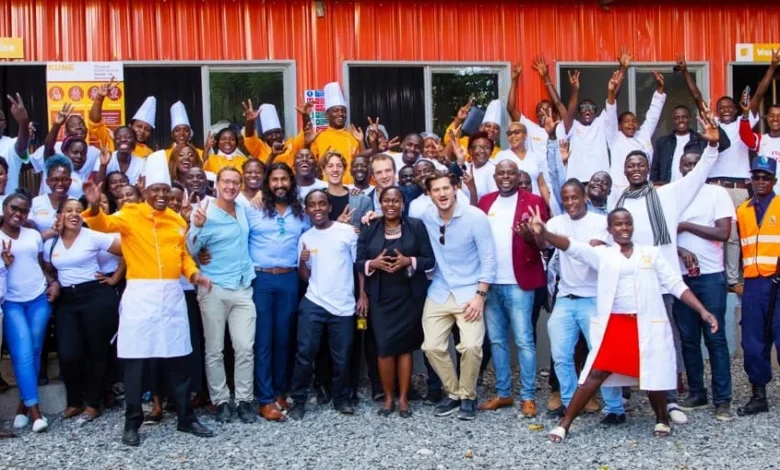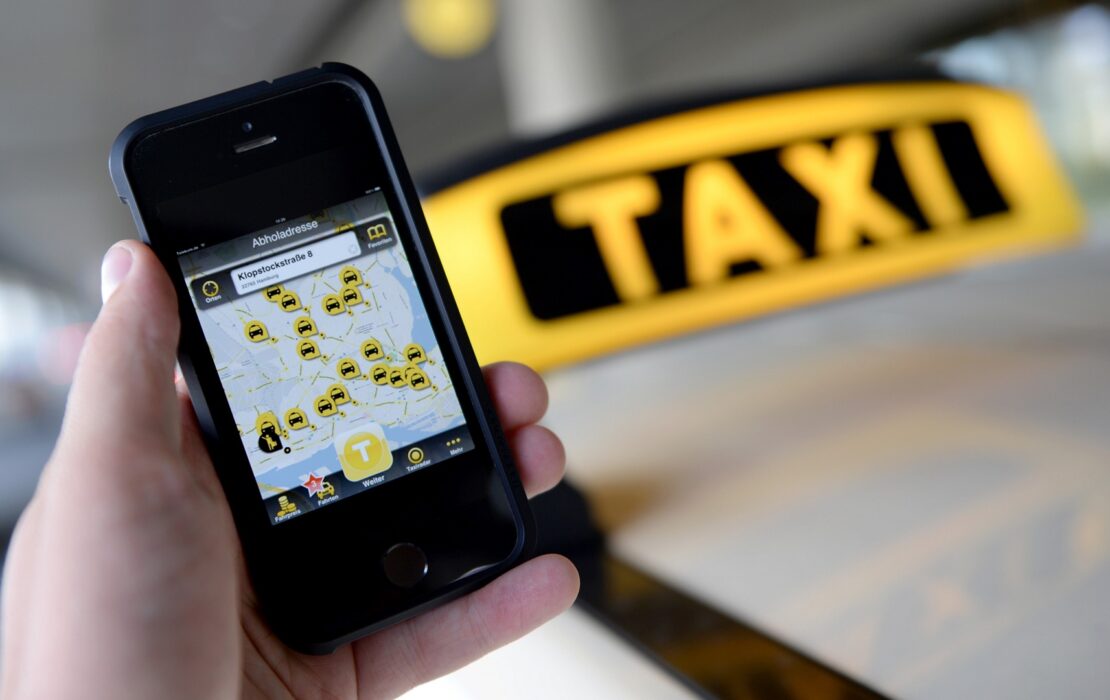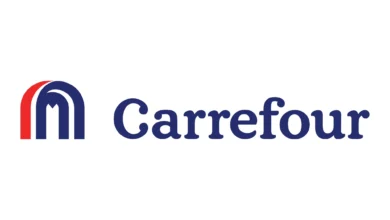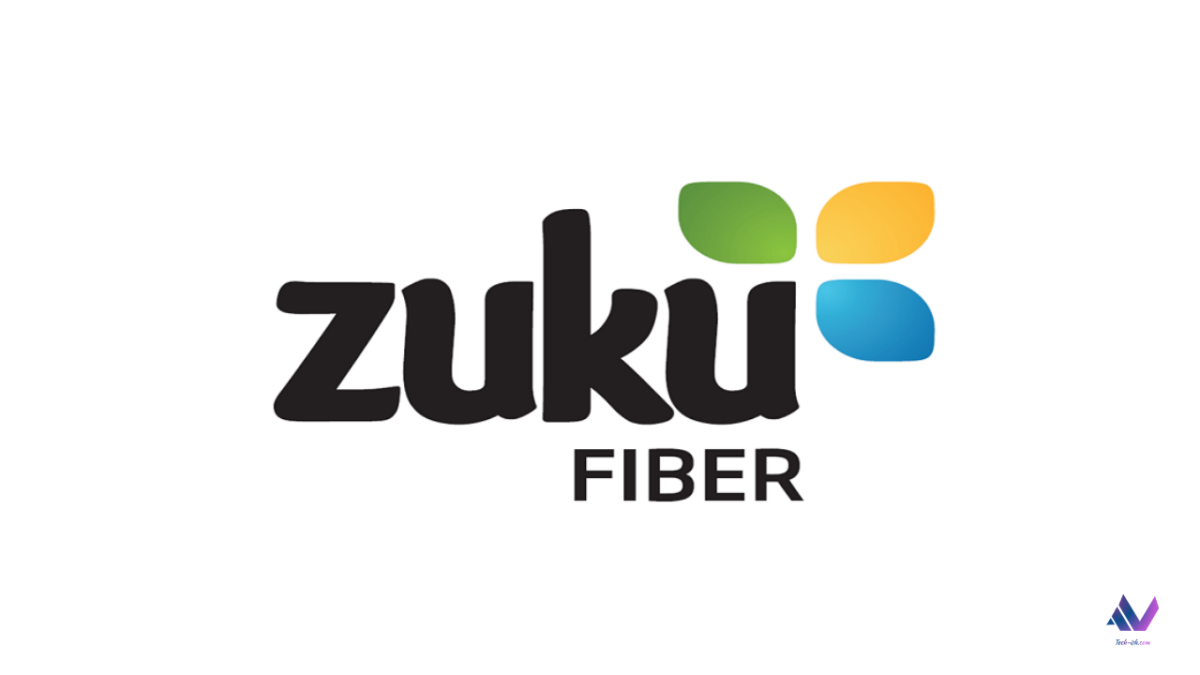
A few weeks ago, in a post titled “Kune Foods raised millions to disrupt the market but became yet another online restaurant“, I raised an important question: “Is okay for startups to make promises they never intend on achieving? Or are there other factors at play when it comes to funding?”
This was the time Kune Food had announced they would be shifting from controlling their whole distribution chain – as had been promised to investors and customers – to delivering using third party apps like Uber Eats. I was questioning what made them important now that they were like any other restaurant in the market.
In response to the questions I had raised, Kune Food CEO said to thenetick.co.ke, “Kune core business has always been about producing great food. Not delivering it. We had to take over the delivery in order to lower the overall cost to final customers.”
Well, exactly two weeks have passed since that statement. And, we are today learning – thanks to Tech-Space Africa – that Kune Food is shutting down operations in the Kenyan market. They’ve also filed for insolvency.
These are the statements from Kune Food CEO in regard to them shutting down:
“Since the beginning of the year, we sold more than 55,000 meals, acquired more than 6,000 individual customers and 100 corporate customers. But at $3 per meal, it just wasn’t enough to sustain our growth.
With the current economic downturn and investment markets tightening up, we were unable to raise our next round. Coupled with rising food costs deteriorating our margins, we just couldn’t keep going.
My first thoughts go to my team. You put your heart and soul into building the Kune that so many people loved. I’m deeply sorry it didn’t work out.
To all my fellow entrepreneurs, please check the Kune “employee page” on LinkedIn and see if your recruitment needs could be filled by some of our team members. I know those are difficult times for you too. But they are terrific people who will bring tremendous value to your company. You can call me if you need any reference on a Kune employee.
My second thought goes to our investors. Some of you joined the Kune journey when it was just me and a Chef, delivering food on foot to a nearby office. Some others joined later and helped us grow into a foodtech startup with a tech platform, a factory, a kitchen studio, 7 distribution hubs, 6000 customers, and a team of 90 people. Not only did you invest in Kune but you gave us your time, brain-width, connections, and emotional support. I am deeply sorry that Kune’s vision didn’t come true. To betray your confidence is something for which I will never forgive myself.
My third thought goes to suppliers, customers, bankers, and partners of any sort who supported us along our way. I’m sincerely sorry for the outcome.
Many things could have been done differently, better certainly. The coming months will allow us to reflect on Kune’s failure, and I hope to share about it when the time will be right.
If you know anyone who could be interested to acquire Kune’s IP or Assets, please reach out by PM.”






